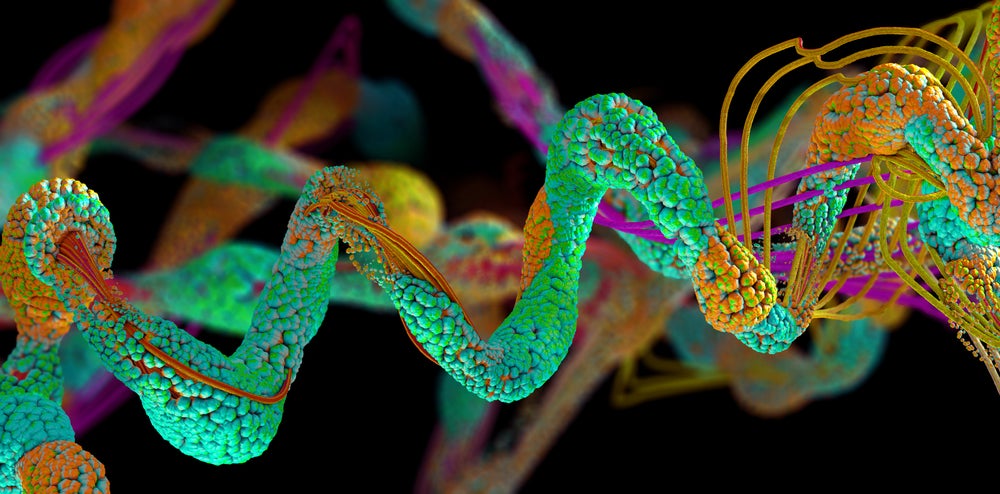
AI Unleashes Unprecedented Leap in Protein Folding, Transforming Drug DevelopmentAI Unleashes Unprecedented Leap in Protein Folding, Transforming Drug Development In a groundbreaking development, artificial intelligence (AI) has unlocked a fundamental breakthrough in predicting protein folding, a complex process crucial for understanding and developing new drugs. This pivotal advancement holds immense promise for revolutionizing drug design and ushering in a new era of targeted, personalized treatments. Protein folding, the intricate process by which amino acid chains adopt their unique 3D structures, governs a protein’s function and interactions within the body. Understanding how proteins fold has long been a formidable challenge in biology and medicine. However, recent AI advancements have propelled the field forward. Machine learning algorithms, armed with vast datasets and sophisticated computational techniques, have cracked the protein folding code. By analyzing protein sequences and leveraging structural patterns, AI models can now reliably predict the 3D structures of proteins with unprecedented accuracy. This breakthrough has profound implications for drug design. Proteins are the targets of most drugs, and their structures dictate how they interact with these molecules. With the ability to accurately predict protein folding, scientists can identify key structural features that are crucial for drug binding and function. This newfound understanding enables the development of more precise and selective drugs that target specific disease-causing proteins. It also reduces the time and cost associated with drug discovery, as researchers can screen potential drug candidates against virtual protein models before moving on to more expensive laboratory experiments. Beyond drug design, AI-powered protein folding has applications in a wide range of fields. It can accelerate the discovery of new enzymes for industrial processes, optimize protein-based materials, and aid in the diagnosis and treatment of genetic diseases. This revolutionary advancement is a testament to the transformative power of AI in scientific research. As AI continues to evolve and refine protein folding predictions, we can expect even greater breakthroughs that will pave the way for personalized medicine, improved treatments, and a deeper understanding of the fundamental building blocks of life.
Posted inNews